Public-Private Partnerships Supported By Agency's NextSTEP-2 Program
NASA has selected six U.S. companies to help advance the Journey to Mars by developing ground prototypes and concepts for deep space habitats.
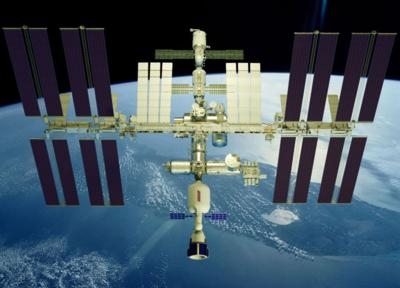
Through the public-private partnerships enabled by the Next Space Technologies for Exploration Partnerships-2 (NextSTEP-2) Broad Agency Announcement, Appendix A, NASA and industry partners will expand commercial development of space in low-Earth orbit while also improving deep space exploration capabilities to support more extensive human spaceflight missions.
“NASA is on an ambitious expansion of human spaceflight, including the Journey to Mars, and we’re utilizing the innovation, skill and knowledge of both the government and private sectors,” said Jason Crusan, director of NASA’s Advanced Exploration Systems. “The next human exploration capabilities needed beyond the Space Launch System (SLS) rocket and Orion capsule are deep space, long duration habitation and in-space propulsion. We are now adding focus and specifics on the deep space habitats where humans will live and work independently for months or years at a time, without cargo supply deliveries from Earth.”
The selected companies are:
- Bigelow Aerospace of Las Vegas
- Boeing of Pasadena, Texas
- Lockheed Martin of Denver
- Orbital ATK of Dulles, Virginia
- Sierra Nevada Corporation’s Space Systems of Louisville, Colorado
- NanoRacks of Webster, Texas
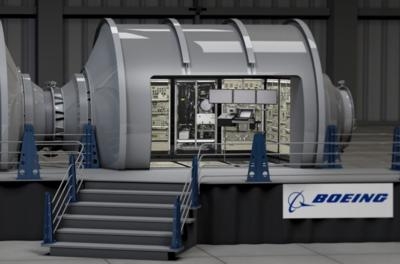
The six partners will have up to approximately 24 months to develop ground prototypes and/or conduct concept studies for deep space habitats. The contract award amounts are dependent on contract negotiations, and NASA has estimated the combined total of all the awards, covering work in 2016 and 2017, will be approximately $65 million, with additional efforts and funding continuing into 2018. Selected partners are required to contribute at least 30 percent of the cost of the overall proposed effort.
The ground prototypes will be used for three primary purposes: supporting integrated systems testing, human factors and operations testing, and to help define overall system functionality. These are important activities as they help define the design standards, common interfaces, and requirements while reducing risks for the final flight systems that will come after this phase.
NASA made the first NextSTEP selections in 2015, which include deep space habitation concept studies that also advance low-Earth orbit commercial capabilities. Four companies were selected under that solicitation: Bigelow Aerospace LLC, Boeing, Lockheed Martin and Orbital ATK.

This round of NextSTEP selections are part of a phased approach that will catalyze commercial investment in low-Earth orbit and lead to an operational deep space habitation capability for missions in the area of space near the moon, which will serve as the proving ground for Mars during the 2020s. These missions will demonstrate human, robotic and spacecraft operations in a true deep space environment that’s still relatively close to Earth and validate technologies for the longer journey to Mars.
The activities of these NextSTEP awards will inform the acquisition and deployment approach for the next phase of flight systems for deep space including important aspects, such as standards and interfaces, module configurations, and options for deployment using SLS and Orion and commercial vehicles. In addition to U.S. industry, NASA is in discussions on collaborative opportunities with our international partners to enable fully operational deep space habitation capability.
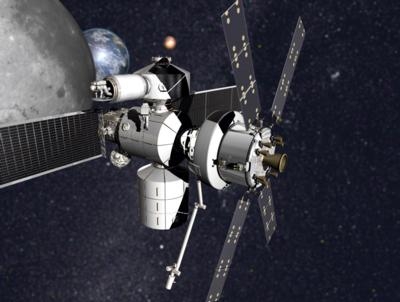
NextSTEP is managed by the Advanced Exploration Systems Division (AES) in NASA’s Human Exploration and Operations Mission Directorate. AES is pioneering innovative approaches and public-private partnerships to rapidly develop prototype systems, advance key capabilities, and validate operational concepts for future human missions beyond Earth orbit.
(Images provided with NASA news release)
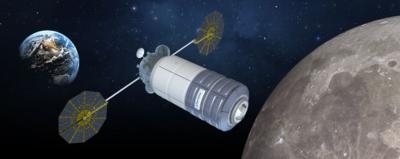
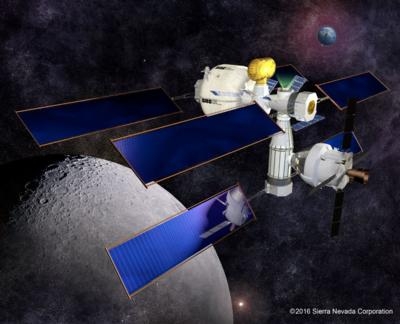
 ANN's Daily Aero-Term (04.24.24): Runway Lead-in Light System
ANN's Daily Aero-Term (04.24.24): Runway Lead-in Light System ANN's Daily Aero-Linx (04.24.24)
ANN's Daily Aero-Linx (04.24.24) Aero-FAQ: Dave Juwel's Aviation Marketing Stories -- ITBOA BNITBOB
Aero-FAQ: Dave Juwel's Aviation Marketing Stories -- ITBOA BNITBOB Classic Aero-TV: Best Seat in The House -- 'Inside' The AeroShell Aerobatic Team
Classic Aero-TV: Best Seat in The House -- 'Inside' The AeroShell Aerobatic Team Airborne Affordable Flyers 04.18.24: CarbonCub UL, Fisher, Affordable Flyer Expo
Airborne Affordable Flyers 04.18.24: CarbonCub UL, Fisher, Affordable Flyer Expo








